Go Green: Environmentally Friendly Practices with Electric Water Heaters
Environmentally Friendly Practices with Electric Water Heaters As environmental consciousness becomes increasingly integral to daily life, homeowners seek eco-friendly solutions in every aspect of their homes. Electric water heaters offer a pathway to sustainability by providing options that align with green practices. In this guide, we explore environmentally friendly practices with electric water heaters, helping homeowners make choices that contribute to a greener and more sustainable lifestyle.
Environmentally Friendly Practices with Electric Water Heaters
1. Heat Pump Technology for Energy Efficiency
One of the most environmentally friendly features in electric water heaters is heat pump technology. This innovation extracts heat from the surrounding air to heat the water, significantly reducing energy consumption. By harnessing ambient heat, heat pump water heaters offer an energy-efficient alternative, minimizing the environmental impact and lowering utility bills.
2. Energy Star Certification for Efficiency Standards
Look for electric water heaters with Energy Star certification. This designation indicates that the appliance meets stringent energy efficiency standards set by the Environmental Protection Agency (EPA). Energy Star-rated water heaters are designed to optimize energy usage, resulting in lower greenhouse gas emissions and reduced energy costs for homeowners.
3. Timer Settings and Programmable Thermostats
Electric water heaters with timer settings and programmable thermostats allow homeowners to optimize energy usage. Set the heater to operate during off-peak hours when electricity demand is lower, reducing the overall environmental impact. Programmable thermostats offer further customization, enabling users to adjust temperature settings based on their daily routines.
4. Solar-Ready Options for Renewable Energy Integration
For those seeking a truly green solution, consider electric water heaters with solar-ready options. These units are designed to integrate seamlessly with solar water heating systems. By harnessing the power of the sun, solar-ready electric water heaters contribute to renewable energy adoption, further reducing reliance on conventional electricity sources.
5. Tankless Technology for Reduced Standby Heat Loss
Tankless electric water heaters are celebrated for their on-demand heating capabilities, but they also excel in environmental friendliness. The absence of a storage tank eliminates standby heat loss, where energy is wasted to keep stored water hot. Tankless models only heat water when needed, reducing energy consumption and minimizing heat loss, making them an eco-conscious choice.
6. Compact Designs for Space Efficiency
The environmental impact extends beyond energy efficiency to the overall footprint of the appliance. Compact electric water heaters are designed with reduced dimensions, contributing to space efficiency. The smaller size not only saves space in utility areas but also translates to fewer materials used in manufacturing, promoting a more sustainable approach.
7. Dual Element Models for Efficient Heating
Electric water heaters with dual elements offer efficient heating options. These models use both upper and lower heating elements to heat water quickly and evenly. The dual-element design contributes to reduced energy consumption, as the heater can operate with lower energy input while maintaining the desired water temperature.
8. Recyclable Materials and Sustainable Construction
Consider electric water heaters constructed with recyclable materials and sustainable practices. Manufacturers increasingly prioritize eco-friendly materials and construction methods. Choosing a water heater with a commitment to recyclability and sustainability supports a circular economy, minimizing the environmental impact throughout the product’s lifecycle.
Conclusion
Embracing environmentally friendly practices with electric water heaters is not just a choice for energy-conscious homeowners; it’s a commitment to a greener future. From heat pump technology and Energy Star certification to solar-ready options and compact designs, each feature contributes to a more sustainable and eco-friendly water heating solution. By adopting these practices, homeowners can enjoy the comfort of hot water while actively contributing to environmental conservation.

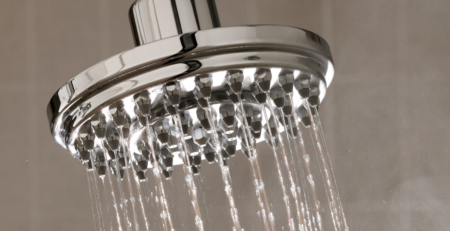
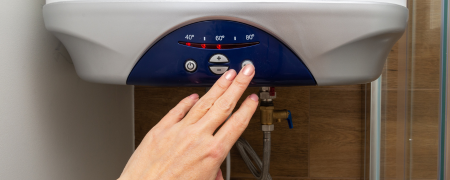
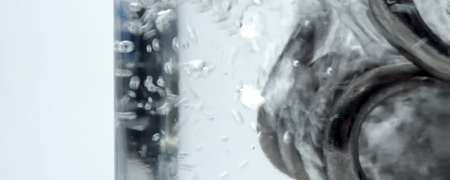
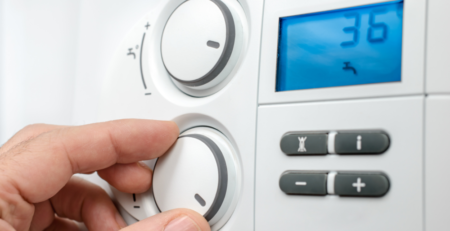
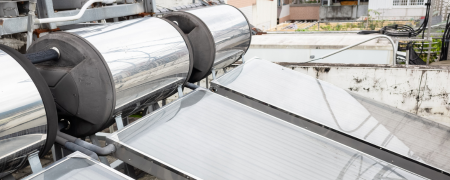
Leave a Reply